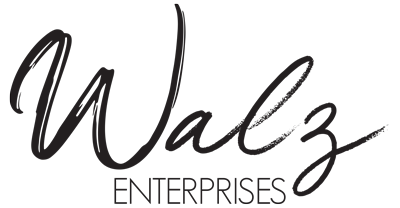Commercial cleaning companies are revolutionizing the way they work, introducing more effective and safe cleaning techniques and solutions. This new focus on safety is motivating more businesses to hire professional cleaners. In fact, the commercial cleaning industry is growing by 6.6% a year, offering 236,000 new janitorial jobs in the U.S. by 2023, with global commercial cleaning reaching $468 billion in revenue by 2027!
Here’s a look at the changes commercial cleaners are making in 2022:
- Going Green
With a heightened sense of environmental safety, commercial cleaners are using safer cleaning supplies that won’t damage water systems as well as reusable tools and refillable containers that eliminate non-degradable plastic waste in landfills. - Getting More Efficient at Eliminating Dangerous Germs
Workers and employers have a heightened awareness of viruses and pathogens that pass on disease, hurting worker health and productivity. As a result, two effective germ busters are used more commonly in commercial cleaning: steam cleaning (of carpets, especially) and ultraviolet radiation to disinfect air and nonporous surfaces. As part of this anti-germ awareness, commercial cleaners are being asked to go the extra mile by disinfecting door handles, ventilation screens, desktops and even keyboards. - Offering Powerful Deep Cleaning
A quick once-over of dusting and emptying trash cans is no longer seen as suitable commercial cleaning. For a healthy work environment, commercial cleaners are regularly doing what used to be part of a less-frequent deep cleaning: sanitizing, cleaning and deodorizing surfaces; scrubbing and mopping all floors; vacuuming blinds and windowsills; cleaning light switches and door handles; dusting baseboards; cleaning all toilets and bathrooms; sanitizing workplace kitchens; and cleaning and sanitizing all furniture. In fact, deep cleaning is becoming a regular, on-going expectation in certain categories, such as healthcare, childcare and education environments. - Using Better Cleaning Technology
Electrostatic spray technology is a new way to apply cleaners, sanitizers, and disinfectants to help treat surfaces, often in less time and with better coverage than traditional cleaning methods, particularly at school settings. Ultraviolet treatment with new UV-C machines and wands is becoming popular, often at airports. Some commercial cleaners are using antimicrobial surface coatings, too.
Becoming More Efficient with Automated Work Aids
In the past, commercial cleaners followed paper checklists tailored for each customer or worksite. Now, many cleaners are using technology to keep better track of cleaning tasks and using QR codes and janitorial management software that reflects what is promised in the professional cleaning contract. The new technology automates reporting back to the customer and enables for quick changes in the cleaning contract as cleaning needs change.

